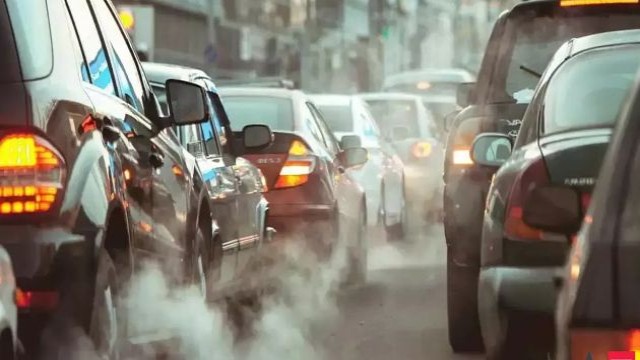Good morning, this is your weather report for Monday, February 19th, 2024. I am here to give you the latest updates on the air quality in different cities, with a special focus on Dhaka and the nearby areas.
The bustling city of Dhaka faced a serious situation at eight in the morning when the Air Quality Index (AQI) soared to a dangerously high level of 335. According to alarming AQI measurements, Dhaka is now the most polluted city in the world.
The cities of Sarajevo in Lahore of Pakistan, Delhi, Mumbai in India, and Kathmandu in Nepal ranked in the second, third, fourth, and fifth positions on the index. They had Air Quality Index (AQI) scores of 212, 183, 176, and 166 respectively.
The Air Quality Index (AQI) is an indicator that measures the level of air pollution in different cities. The AQI value for particle pollution, which is one of the most harmful pollutants, can range from 0 to 500. The higher the AQI value, the worse the air quality and the more health risks for residents. According to the AQI, the air quality can be classified into six categories:
Good: AQI value from 0 to 50. Air quality is considered satisfactory, and air pollution poses little or no risk.
Moderate: AQI value from 51 to 100. Air quality is acceptable, but there may be some health concerns for sensitive groups.
Unhealthy for sensitive groups: AQI value from 101 to 150. Air quality is unhealthy for people with respiratory or heart diseases, children, and older adults. The general public is not likely to be affected.
Unhealthy: AQI value from 151 to 200. Air quality is unhealthy for everyone. People may experience breathing difficulties, coughing, irritation, and an increased risk of infections.
Very unhealthy: AQI value from 201 to 300. Air quality is very unhealthy and may trigger serious health effects. People may experience reduced lung function, chest pain, asthma attacks, and increased risk of cardiovascular diseases.
Hazardous: AQI value above 301. Air quality is hazardous and may cause severe health problems. People may experience respiratory failure, heart attacks, strokes, and premature death.
Residents of urban areas with high AQI values may face various heart and cardiovascular health issues, such as high blood pressure, inflammation, arrhythmia, and plaque formation.
The air quality in Dhaka is very poor, leading to persistent pollution problems in the city. The winter season worsens this issue, mainly due to unfavorable weather conditions. However, there may be brief periods of relief during the monsoon season.
The World Health Organization (WHO) presents a worrying scenario, as around 70 million people around the world suffer from diseases caused by air pollution every year. This statistic is derived from the urgent need to address the air pollution crisis in Dhaka.































Comment: